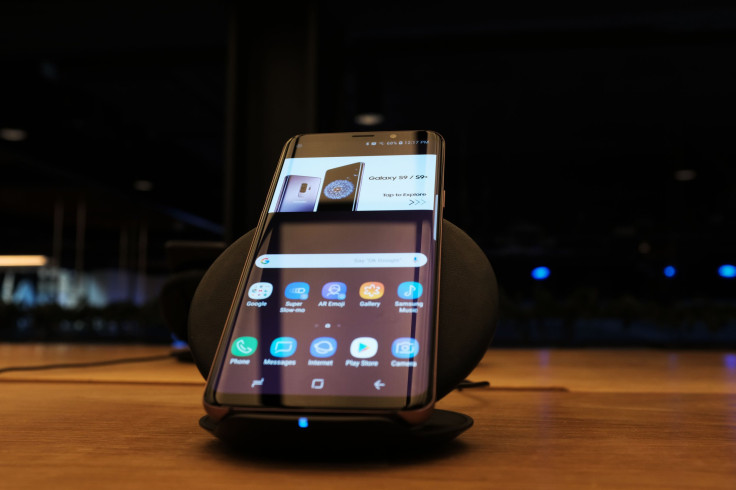Android 10.0 Q Update: Face ID Rival For Verification, More In The Works

Many codes were recently datamined from a leaked build of the next Android 10.0 Q firmware. Apparently, the new update will introduce Face ID locks in smartphones. Here’s what we know about the new feature for Android phones.
According to xda-developers' report, the leaked Android Q firmware was run through a decompiler to be able to run through its data. Apparently, the new codes revealed that it needs a correct face for it to unlock the phone for the user. As of now, many Android smartphones don’t have a Face ID feature, but the new 2019 Android releases may support these features.
So far, the leaked codes had face unlock-related strings, which meant a feature in Android 10.0 Q is using it. While it’s unclear how the new phones and this feature will work, the program is there and will potentially be used for something in Android 10.0 Q-compatible devices. Moreover, the face-unlock-related strings were not only for unlocking the screen but also served as a confirmation password for signing in to apps and authorizing purchases through phone.
However, the new features don’t work on the Google Pixel 3 as a file was missing that prevents the supposed Face ID feature from working in it.
The new leak may tease that the upcoming Android phones this year will have this Android 10.0 Q feature when the update drops in. The new Huawei Mate 20 Pro and Xiaomi Mi 8 could be running the new Android Q GSI and have the new feature working.
It’s currently unknown which devices the Android developers are testing this on. It could potentially be a feature for the upcoming Samsung Galaxy S10+, a test version of Pixel 4 or an entirely new Android product.
For now, the Android market is currently about to release a wave of foldable display phones. Potentially, the new feature may appear in these early 2019 devices. We can only wait further to know what these face recognition apps will be.
© Copyright IBTimes 2024. All rights reserved.





















